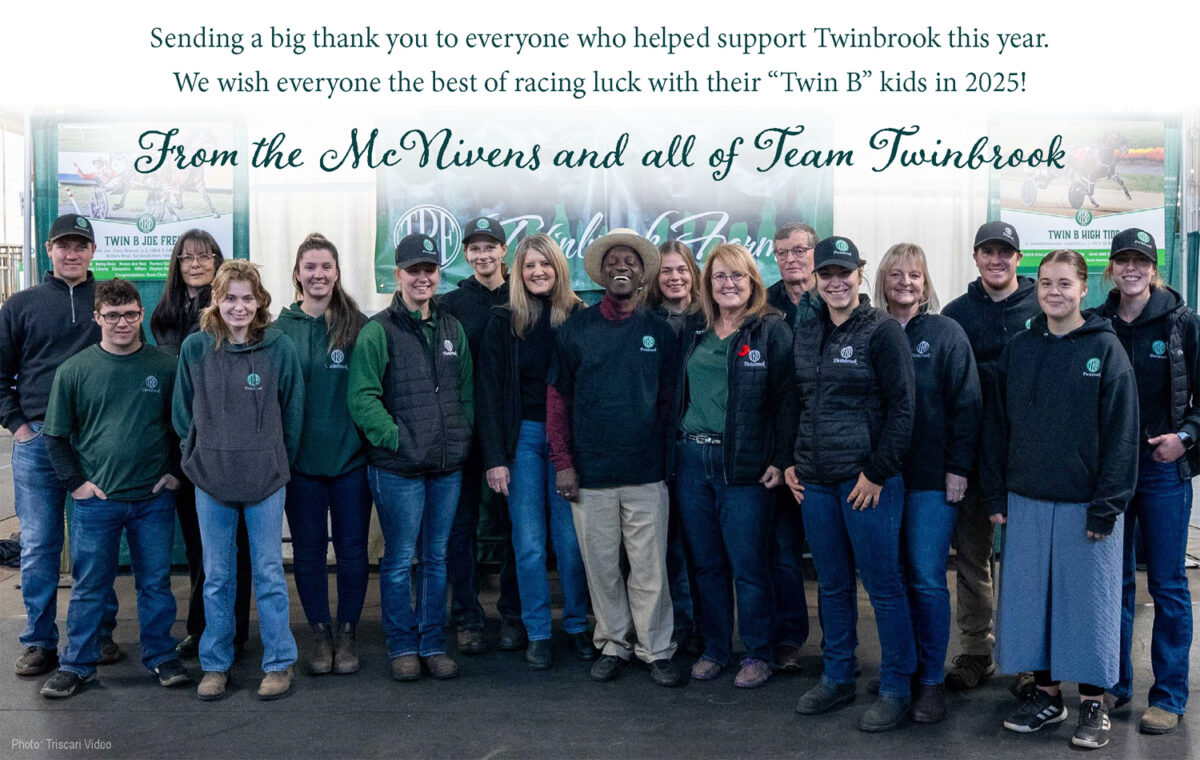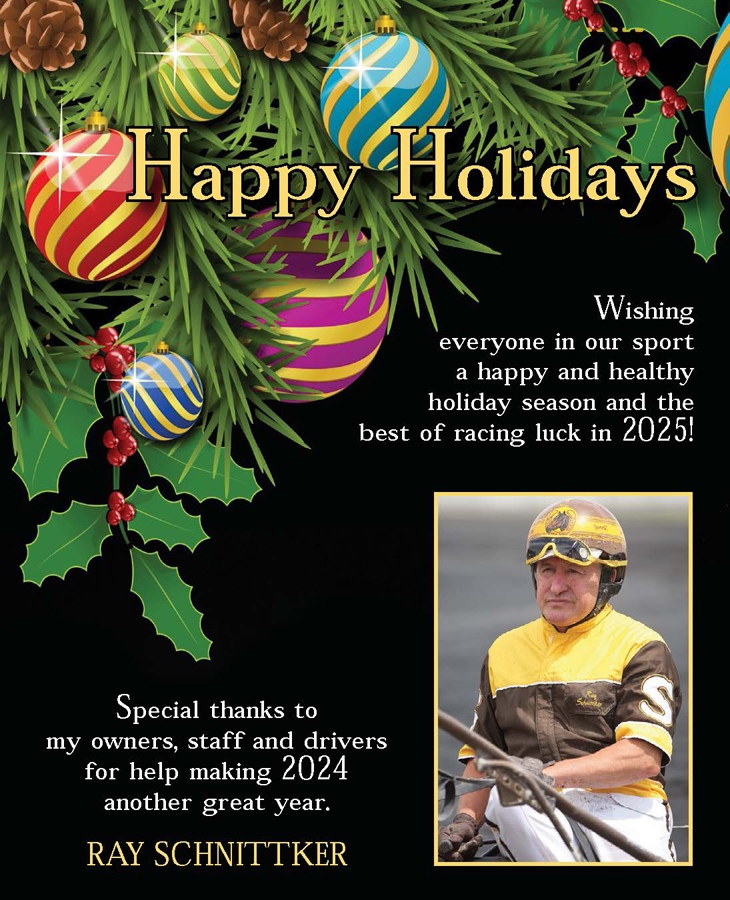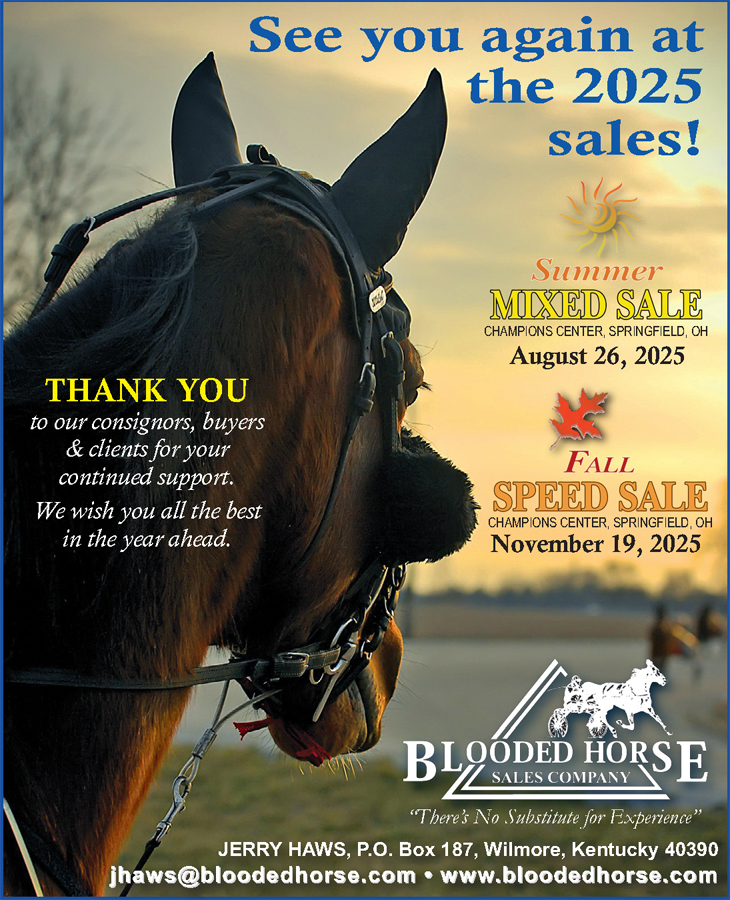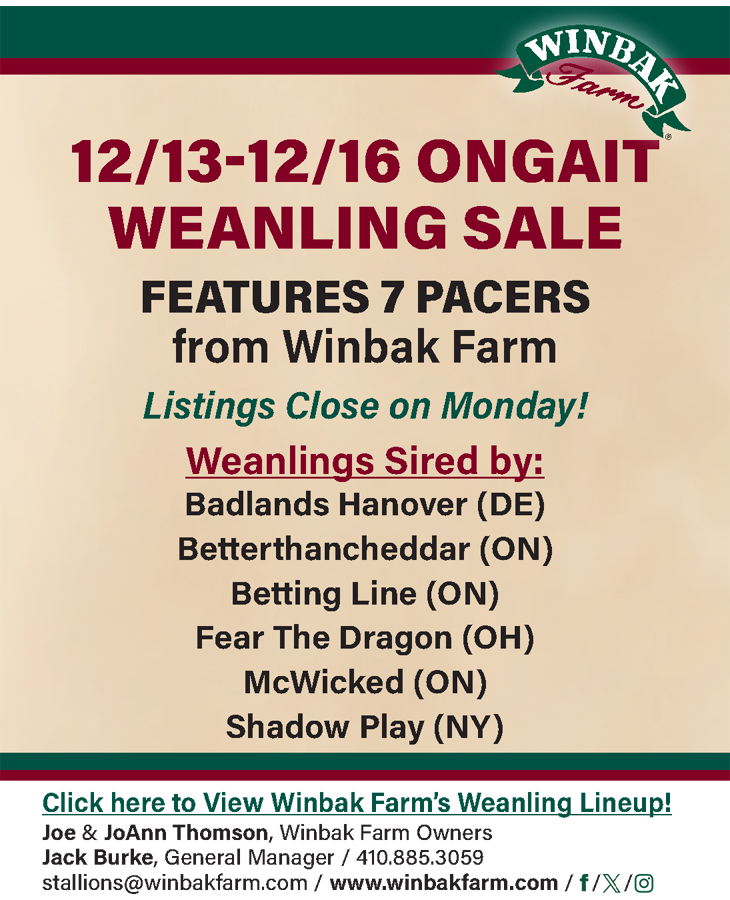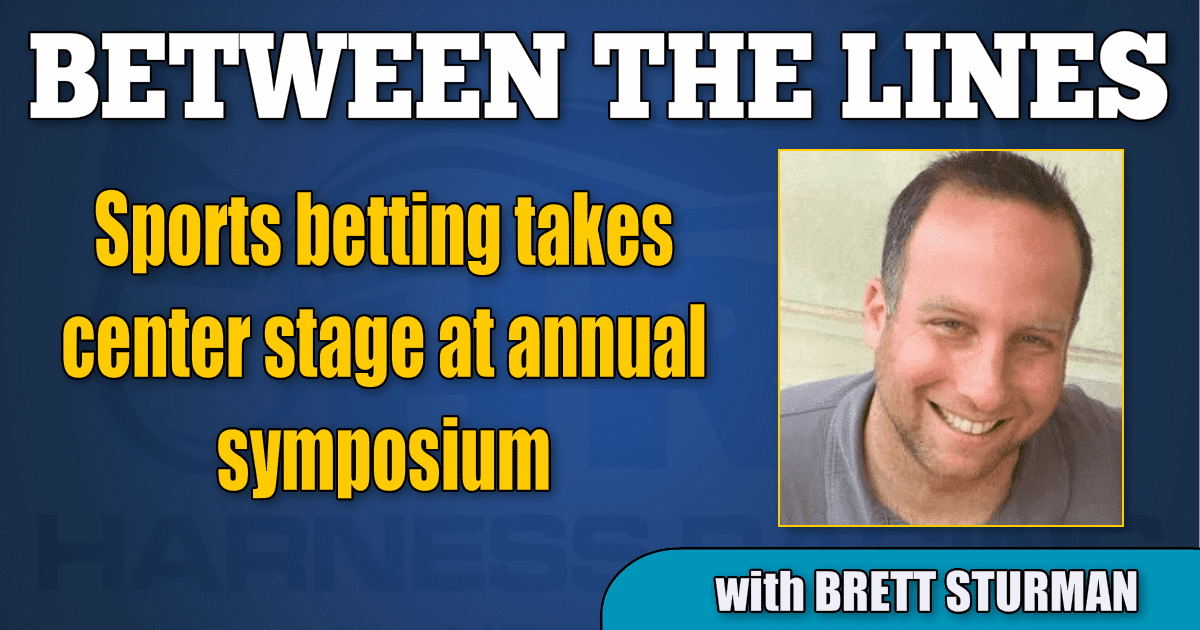

Sports betting takes center stage at annual symposium
by Brett Sturman
The University of Arizona’s annual Global Symposium on Racing was held this week and as expected, one topic dominated.
Sports betting was the point of discussion for three different panels over the course of the three-day event. In these panels, the common theme was what challenges and opportunities does sports wagering pose to racing, and how can racing benefit (if at all) from the rapid integration of sports betting into a domain held up until now solely by racing.
Throughout the symposium – as there is every year – presumably well-intentioned speakers talked at length about things racing must do, but it’s almost always theoretical. It’s easy to say that racing needs to become a betting-centered product, or that racing must become a better experience for the players. These are things any one of us has known for years, yet despite the same words spoken each year, no visible actions that at least I can see have been made that actually show a commitment to bettors and fans. In fact, almost every action taken, such as increased takeout rates, has been just to the contrary.
None of this used to matter before, because what was a horseplayer’s alternative? Now, they have one. As everyone knows, sports betting is here and is expanding.
I wrote here back in May that sports wagering could be a boon for harness racing, and now I’m not nearly as sure. The impact of sports betting remains a big unknown, but what is known is that based on quotes from the symposium that there isn’t a plan to deal with it. Sports betting remains something that “could” be of benefit to racing – especially if racing is able to share in sports revenues, which it looks like could happen at the Meadowlands. But the real issue is that while so much attention is on sports and wishfully hoping there will be crossover from sports bettors to horse bettors, as usual the horse bettors of today are the ones not being thought of.
There is a real threat for those who are horseplayers to feel alienated and divert some of their wagering dollars to sports. I wrote here in May that sports wagering could be a boon for harness racing because of crossover from sports, but in listening to the same lip service year after of needing to pay more attention to bettors, I now think there is much more to be lost from current bettors leaving racing than new ones coming into it. Harness customers have been driven away for years, and the introduction of the sports betting alternative may only accelerate the process for those that are still hanging in there.
Equally as large an issue for racing could be not necessarily sports betting as a brick and mortar option, such as is the case at the Meadowlands, but rather the brand new online presence of sports betting.
Almost all wagering in racing today is done online and until now, racing was the only thing you could legally wager on online. But now with online sportsbooks up in New Jersey, it becomes ultra-easy for someone to want to bet a Monday night football game instead of the 9th at Northfield. It was acknowledged as such at one point during the symposium that racing is woefully unprepared for what online sports betting could bring, which was one of the truer things stated throughout the week.
Granted it’s way too early to tell, but there doesn’t seem to be evidence yet that the online NJ sportsbooks of FanDuel and DraftKings is taking anything away from the Meadowlands harness racing handle. Online wagering went live this year as the new NFL season began in September, and the Meadowlands handle has held relatively steady this fall when compared to last year. Handle for the four most recent Saturdays is in the low $2 million range while handle for Fridays varies between $1.5 and $2 million. This isn’t much different than last year when the Meadowlands raced only Saturdays in November and did about the same $2 to $2.5 million in handle.
These numbers would bode well for harness racing if it were to continue to hold, but as more and more states go live with sports betting – and especially online sports betting – the conventional wisdom should be that sports betting is going to ultimately take betting dollars away from racing if it hasn’t done so already. It doesn’t seem like there is a plan to combat it, either.
Just as harness racing began to falter decades ago when other forms of entertainment and gambling became available, the same thing could happen now as competition invades the online territory that racing previously held to its own. There’s nothing racing can do to stop that, but what racing could have done all of this time is give its customers no reason to leave when other competition happens.
If sports betting ends up being something that ultimately does more harm than good for the sustainability of racing, one can look back at this and other symposiums and wonder what could have been if words had been turned into actions.








